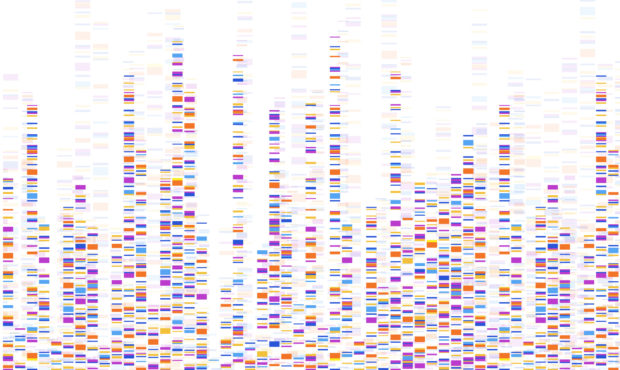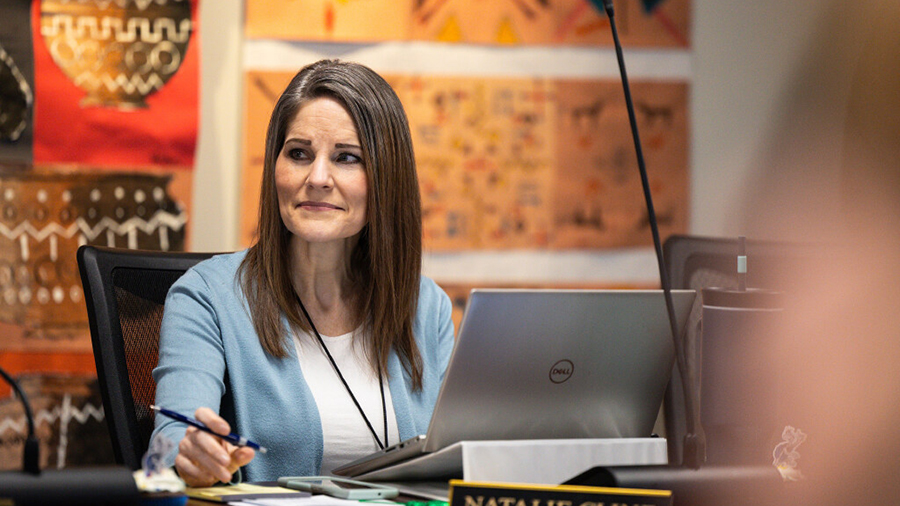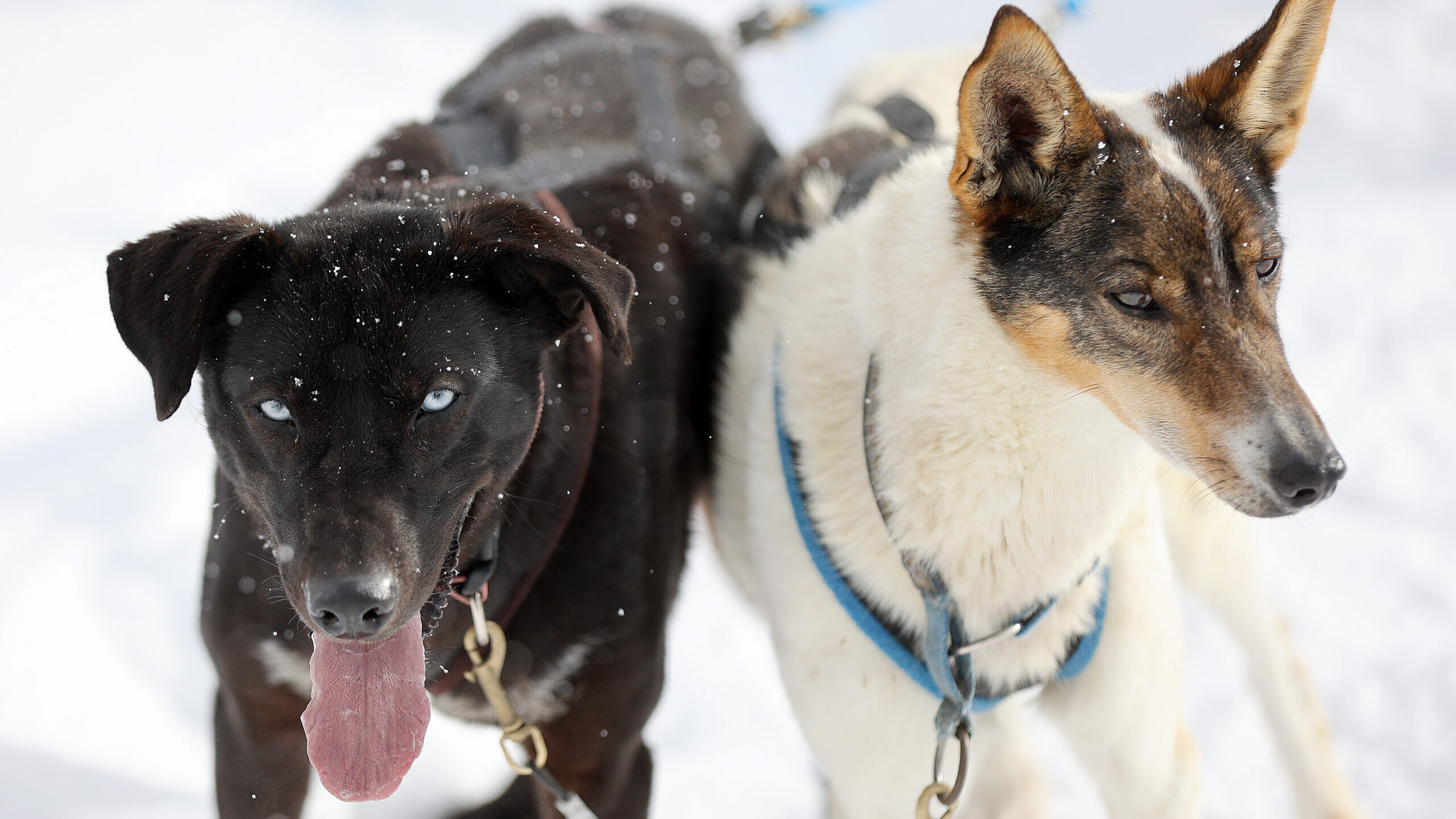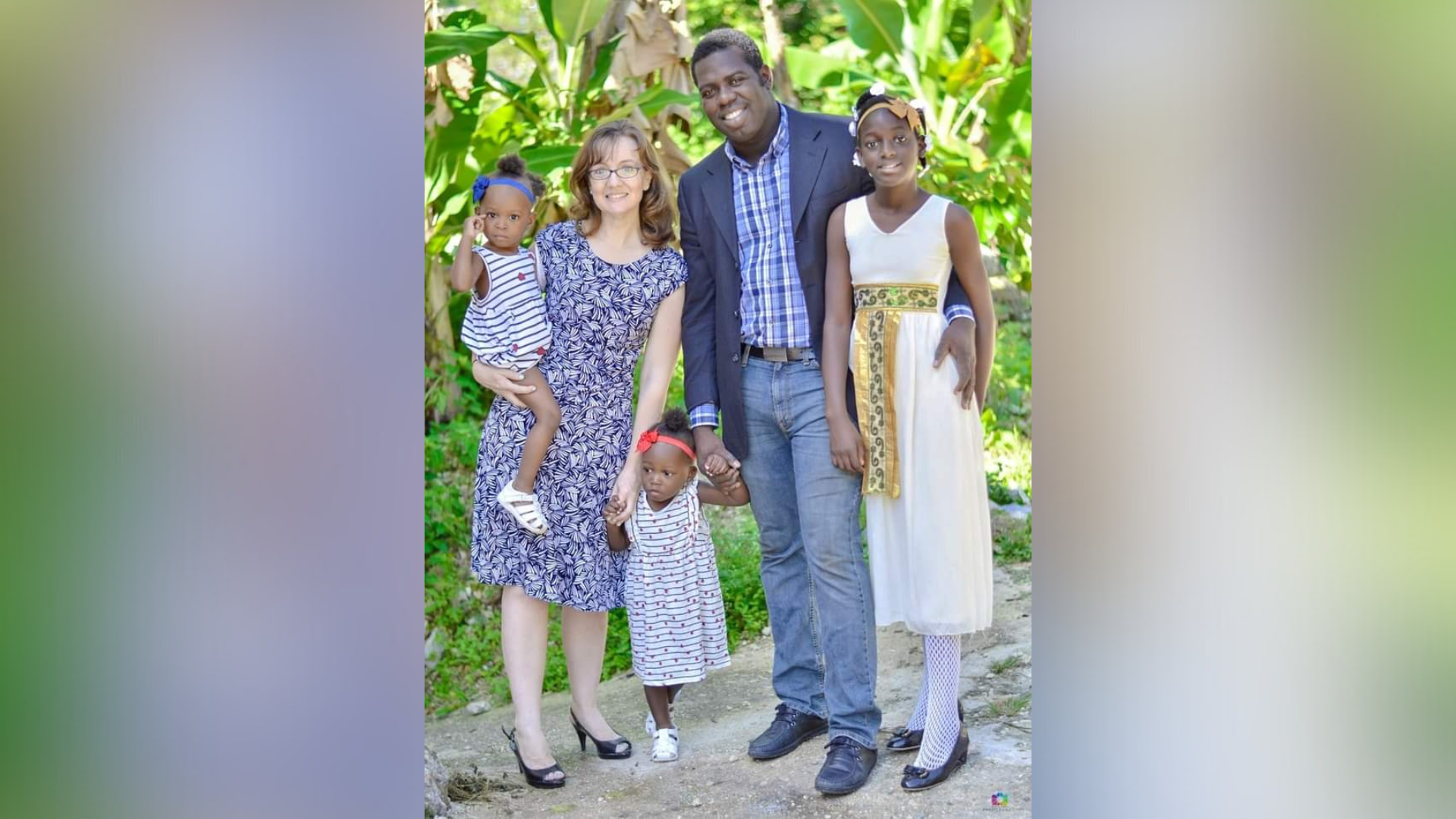Genealogy cancer research focuses in on Utah
Feb 18, 2021, 6:20 PM | Updated: Feb 19, 2021, 2:41 pm

File: Genome sequence map infographic from Getty Images
Researchers have launched a public health initiative involving family genealogy and cancer-causing variants. Their goal: to prevent all hereditary cancer on a global scale.
Leaders behind the project say Utah is the best place to start because people in the state know their family history really well.
Brian Shirts, an M.D., Ph.D., an associate professor of laboratory medicine and pathology at the University of Washington is spearheading a research effort to prevent hereditary cancer. In partnership with Brigham Young University (BYU), Shirts joined Jill Crandall, the director of the Center for Family History and Genealogy at BYU, and an associate professor in the history department, and professor of family history, along with Julie Stoddard, the center coordinator at the Center for Family History and Genealogy at BYU, to conduct such research.
In an attempt to rid the population of cancer, Shirt’s kick-started a research project to do just that.
The research between genealogy and cancer
Dr. Shirts had a thought: what if people knew about their cancer risks based on their family history? And he started to dive in to the question.
“We’re working in conjunction with the University of Washington to identify individuals who may have cancer-causing genetic variants,” Stoddard said. “These individuals are identified through genealogical research on the different lines of these participants who have the same variants.
“What Dr. Shirts does is he finds these participants who have the variant and then he sends them to our BYU team. We do the research on their pedigrees to help them identify which ancestor may have had the variant. And then look for those descendants of those ancestors so they can be identified, and the participants can reach out and tell them of their increased chance of cancer.”
“Hereditary-cancer risk is something that affects about 1 percent of the population. But this is inherited in families, so it’s not just a random 1 percent of the population,” Shirts said.
These inherited genes — such as BRCA1 and BRCA2 that cause breast cancer or one of four genes that causes Lynch Syndrome, which creates a higher risk for developing certain types of cancer, particularly of the colon — cause more than a 50 percent lifetime risk of cancer for the people who inherit them, Shirts observed.
Preventing cancer through genetic testing
“If somebody knows about that risk of cancer, they can prevent that cancer or they can have their risk of cancer go from being 10 or 20 times the general-population risk to 10 or 20 times less than the general-population risk,” he said.
For example, people who know they have inherited risk of colon cancer can have colonoscopies performed, decreasing their risk of colon cancer from 50 percent to less than 1 percent. Shirts said.
He said most people who have these cancerous mutations don’t know about it — and the cancer is entirely preventable through genetic testing.
“The best way to prevent cancer is for somebody who already knows about it to tell their parents, their children, their their adult children, their aunts and uncles,” Shirts said. “One person who’s motivated could help prevent cancer in dozens of other relatives if they have the motivation and if they have access to the genealogy.”
He said the most cost-effective and easiest way to prevent cancer is for someone with a hereditary genetic mutation to tell their relatives about and for them to get tested, but he said that’s not happening enough.
“I went into the laboratory thinking, oh, we’re going to get a lot of tests from people who are relatives of people who know they have mutations, but what it turned out was for every two people who have cancer that we’re testing, we find one person, one relative, and it should be for every two people who are adding testing, we’re seeing eight to 10 relatives who are getting tested before they have cancer,” he said.
Shirts said another challenge to greater understanding is what he calls the barrier of death.
“You run into this barrier where somebody died. And so you can’t do genetic testing on them. [The BYU Center for Family History and Genealogy] is trying to get past that and help people reach out to their cousins and second cousins and third cousins [who are at risk of a genetic mutation],” Shirts said.
The project is funded by the Seattle-based Brotman Baty Institute for Precision Medicine. To participate, people who know that they have cancer risk mutations can find out more and sign up at ConnectMyVariant.org. Dr. Shirts can also be reached at findmyvariant@uw.edu.













